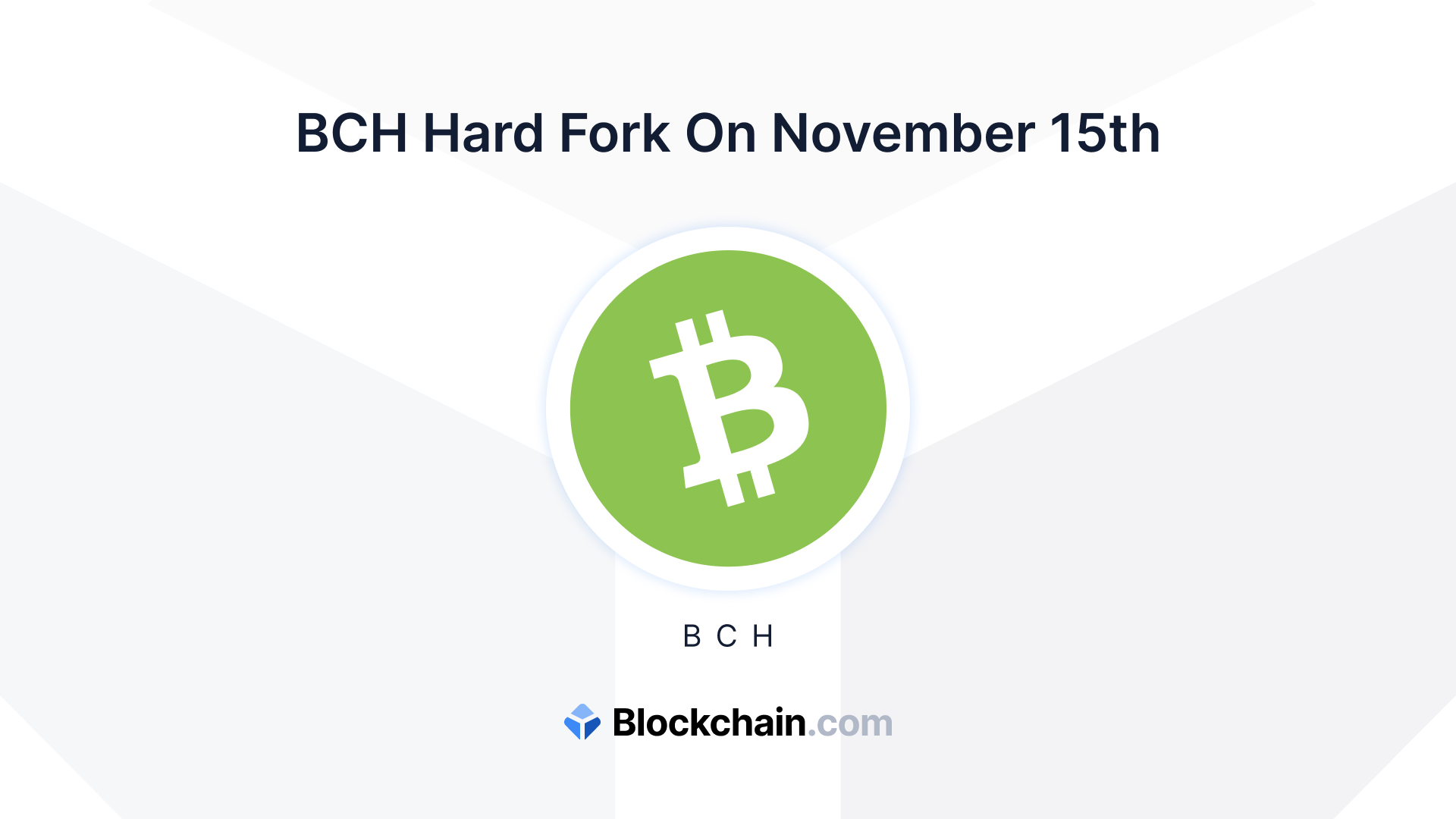Hard forks splitting bitcoin (aka "split coins") are created via changes of the blockchain.
Table of contents
- Bitcoin Cash hard fork: what you need to know
- Definition & Examples of Bitcoin Forks
- Cryptopedia
- Bitcoin Cash Definition
- Soft Fork and Hard Fork in Blockchain | OpenMind
ISSN Retrieved 28 July Bloomberg Businessweek. Retrieved 19 December FT Alphaville. The Economist.
Bitcoin Cash hard fork: what you need to know
Retrieved 22 June CNN Tech. Cable News Network. Retrieved 2 April South China Morning Post. Retrieved 3 August Retrieved 18 November The Verge.
Retrieved 7 April The Telegraph. Retrieved 7 June MIT Technology Review.
Definition & Examples of Bitcoin Forks
Retrieved 22 January International Business Times. Retrieved 2 November Retrieved 12 August Retrieved 14 March Jeffries, Adrienne 1 May Browne, Ryan 20 December Jeffries, Adrienne 9 April Shen, Lucinda 8 August Fortune Magazine. Retrieved 20 June Ambler, Pamela 9 August Evans, John 10 August Kharpal, Arjun 3 August Retrieved 2 August Ou, Elaine 10 December Retrieved 13 October Business Insider.
Retrieved 4 May Retrieved 24 May Retrieved 5 June Wall Street Journal. Retrieved 26 August Retrieved 21 August S2CID SSRN Retrieved 7 December History Economics Legal status. Money portal. List of bitcoin companies List of bitcoin forks List of bitcoin organizations List of people in blockchain technology. Bitcoin Cash Bitcoin Gold. BTC-e Mt. Gox QuadrigaCX. Bitcoin scalability problem History of bitcoin cryptocurrency crash Bitcoin bomb threats Twitter bitcoin scam. Category Commons. Proof of authority Proof of personhood Proof of space Proof of stake Proof of work.
Ethereum Ethereum Classic. Dash Petro. Cardano EOS. Category Commons List. Categories : establishments Bitcoin clients Cryptocurrencies Digital currencies. Hidden categories: CS1 errors: missing periodical Wikipedia extended-confirmed-protected pages Articles with short description Short description is different from Wikidata Use dmy dates from June All articles with unsourced statements Articles with unsourced statements from November Articles containing potentially dated statements from May All articles containing potentially dated statements Commons category link from Wikidata.
Cryptopedia
Namespaces Article Talk. Speed and decentralization essentially exist on a spectrum, so the more you have of one, the less you have of the other.

With increased network traffic, even proponents of small block solutions recognized the need for at least some increase in processing speed. The solution small block proponents put forward is a process known as Segregated Witness SegWit. It functions by removing signature data from Bitcoin transactions.
A new block added to the Bitcoin network contains transaction data and digital signature data about the origin and destination of bitcoin BTC in each transaction. SegWit does exactly what the name implies — it segregates the witness the digital signature from the transaction data. Essentially, it rearranges the data in any given block more efficiently. SegWit basically allows for double the block size approximately 2MB per block.
SegWit is what is known as a soft fork, rather than a hard fork , and thus each node on the network could choose whether or not to adopt the new set of rules.
Bitcoin Cash Definition
Thus it only minimally increases the overall transaction speed of the Bitcoin ecosystem. Bitcoin Cash has its origin as a hard fork from Bitcoin. It is technically and structurally very similar to Bitcoin, but with one major difference: block size. As a response to the deficiency they saw in SegWit, Bitcoin Cash was created and designed to pack 8MB of data into each block and to process transactions per second on average.
Soft Fork and Hard Fork in Blockchain | OpenMind
While transaction speed is greatly increased with BCH, the larger block size also requires more processing power for nodes to support the blockchain network. So why not just make the blocks much bigger — say MB? That would make the network much faster, but extremely restrictive in terms of who could run a node, verify new blocks on the blockchain, and support the network. The debate about block size essentially boils down to speed versus decentralization and which of the two is more desirable.
- how long bitcoin cash.
- We’re celebrating our birthday with a giveaway! 🥳!
- Thinking deeper about money with Ayumu Tahara.
- bitcoin atm sioux city.
- Navigation menu?
- morningstar bitcointalk?
Large institutions, organizations, or BCH-businesses are able to consolidate the type of processing power required for large block sizes. In contrast, it would be much more difficult for individuals to amass sufficient processing power to handle large blocks. This discrepancy threatens to create an oligopoly where processing power is consolidated in the hands of a few key players , which ultimately endangers the decentralized nature of the blockchain.
A healthy mix of decentralized, distributed, independent verification is what makes the blockchain secure and reliable so, in a nutshell, more nodes equals greater network security. Bitcoin Cash is settled using a larger block size which is times larger than BTC, depending on the use of Segregated Witness to process transactions more quickly.
- What Are Bitcoin Forks?.
- bitcoin electrum wallet download.
- uk bitcoin wallets.
- exchange btc pm.
- btc 2021 4th semester result lucknow.
- Bitcoin Cash (BCH) Hard Fork on 15 November – Blockchain Support Center!
These transactions are quick enough that you could make a grab-and-go retail purchase with BCH like a cup of coffee , but if you were making a large purchase such as a car or a house, you could opt for a slower, more secure cryptocurrency like BTC. Not every cryptocurrency is a store of value, and not every cryptocurrency needs to process data quickly to function like a credit card transaction. It makes sense to use different tools for different tasks — much like using a credit card for restaurant dining and a bank transfer to buy a house.
Ultimately, BCH is faster and features lower processing fees than BTC, but is still used less frequently as everyday cryptocurrency payments have yet to be widely adopted.